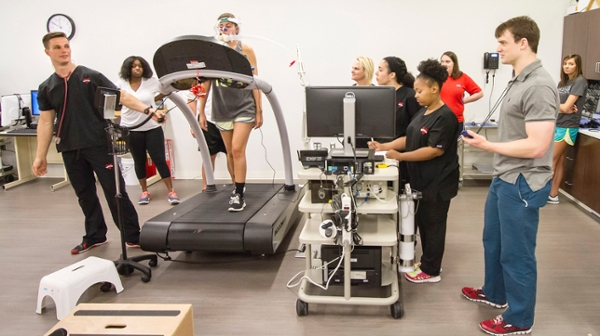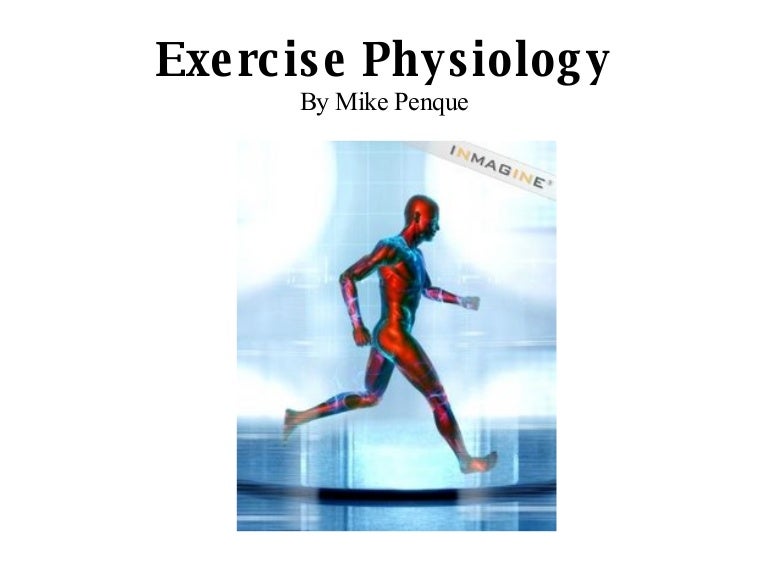Fascination About Exercise Physiology - F.ADavis Company


Nutrition, Exercise Physiology & Sarcopenia Team (NEPS) - Jean Mayer USDA Human Nutrition Research Center on Aging
The Single Strategy To Use For Master of Science in Clinical Exercise Physiology - University
A male marathon runner loses each hour around 0. 83 L in cool weather and 1. 2 L in warm (losses in women have to do with 68 to 73% lower). Individuals doing heavy workout may lose 2 and half times as much fluid in sweat as urine. Read More Here can have extensive physiological effects.

These effects are largely eliminated by changing 50 to 80% of the fluid lost in sweat. Plasma catecholamine concentrations increase 10-fold in whole body workout. Ammonia is produced by worked out skeletal muscles from ADP (the precursor of ATP) by purine nucleotide deamination and amino acid catabolism of myofibrils. interleukin-6 (IL-6) increases in blood circulation due to its release from working skeletal muscles.

M.Sin Exercise Science Online - Master's Degree - AU Online
Unknown Facts About Exercise Physiology - Penn State College of Health and
Sodium absorption is impacted by the release of interleukin-6 as this can cause the secretion of arginine vasopressin which, in turn, can cause exercise-associated precariously low salt levels (hyponatremia). This loss of salt in blood plasma can result in swelling of the brain. This can be avoided by awareness of the threat of drinking extreme quantities of fluids throughout prolonged workout.
The brain is typically reliant for its high energy expenditure upon aerobic metabolic process. The brain as a result is highly conscious failure of its oxygen supply with loss of awareness occurring within 6 to 7 seconds, with its EEG going flat in 23 seconds. Therefore, the brain's function would be disrupted if exercise impacted its supply of oxygen and glucose.

Master's Degree in Exercise Physiology - Ball State University
How Master of Science in Clinical Exercise Physiology can Save You Time, Stress, and Money.
Because humans are bipeds, motor control is required for keeping balance. For this factor, brain energy usage is increased during extreme workout due to the demands in the motor cognition required to control the body. Workout Physiologists treat a series of neurological conditions including (however not limited to): Parkinson's, Alzheimer's, Traumatic Brain Injury, Back Cord Injury, Cerebral Palsy and mental health conditions.
During submaximal exercise, cardiac output increases and cerebral blood circulation increases beyond the brain's oxygen needs. Nevertheless, this is not the case for constant maximal exertion: "Optimum workout is, despite the boost in capillary oxygenation [in the brain], connected with a lowered mitochondrial O2 content during whole body workout" The autoregulation of the brain's blood supply is impaired especially in warm environments Glucose [modify] In grownups, exercise diminishes the plasma glucose offered to the brain: brief intense exercise (35 min ergometer biking) can minimize brain glucose uptake by 32%.
